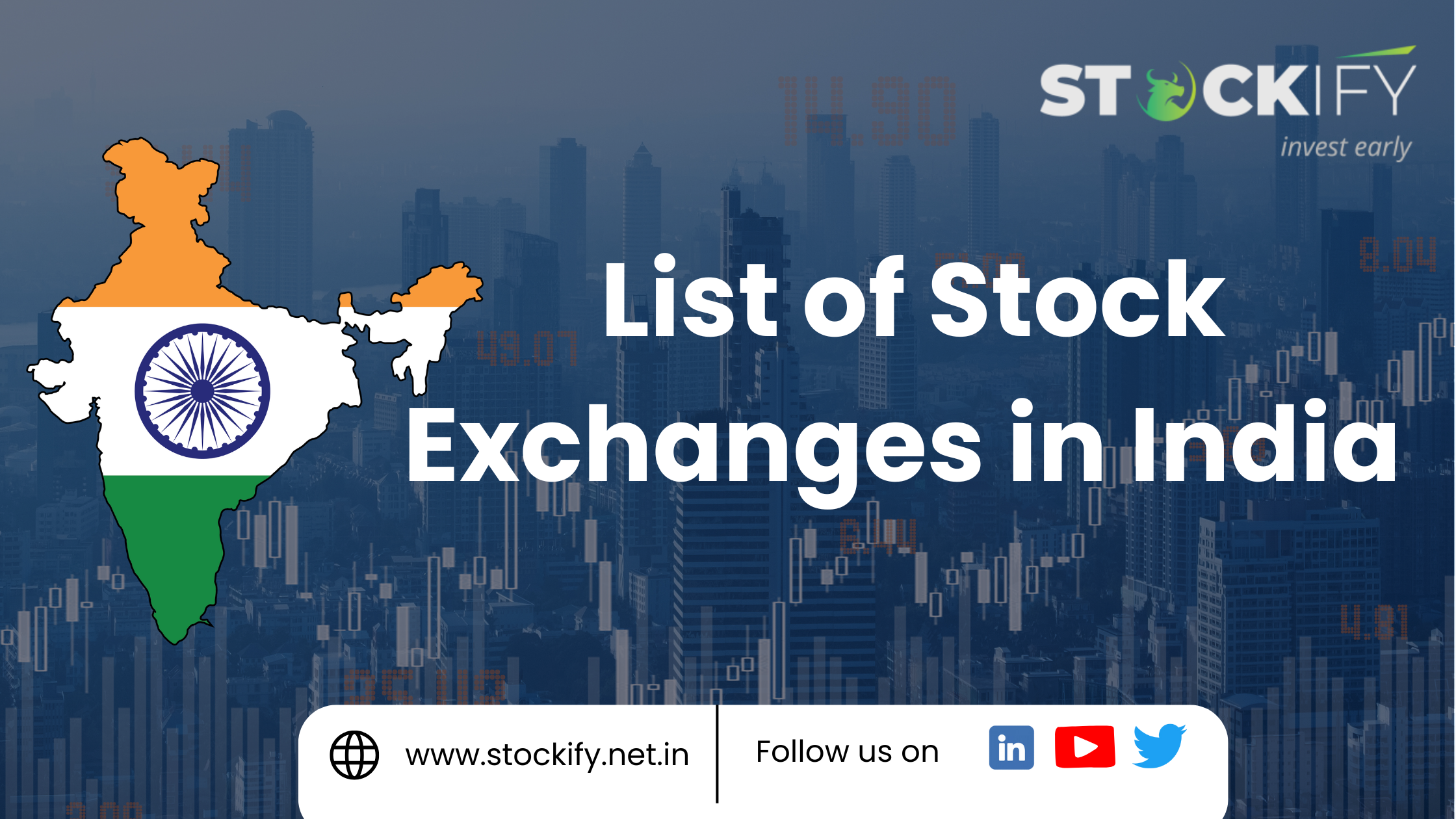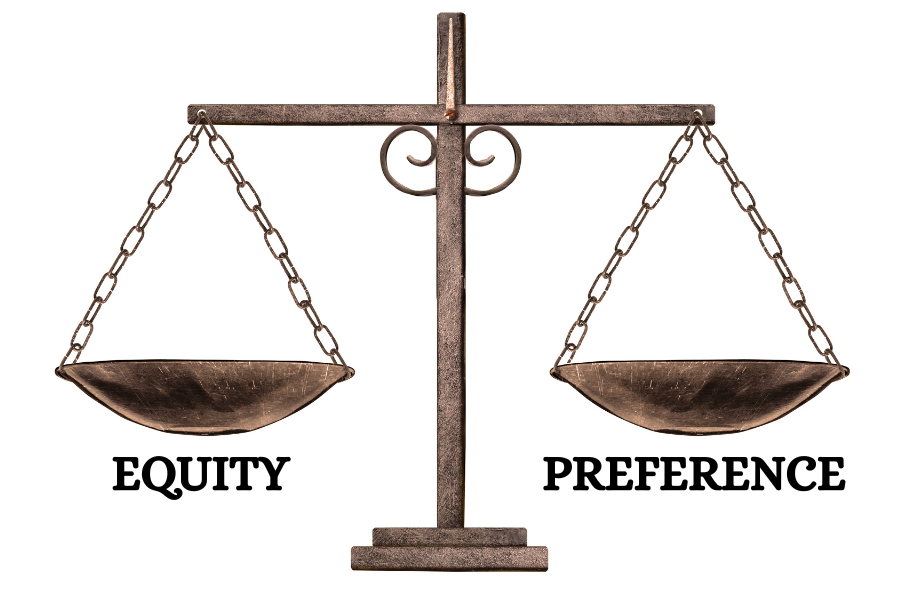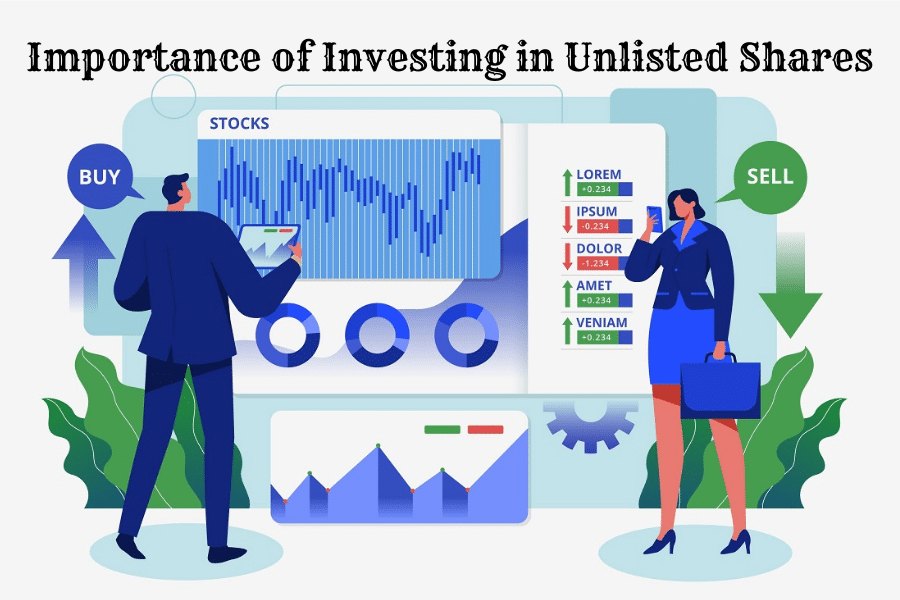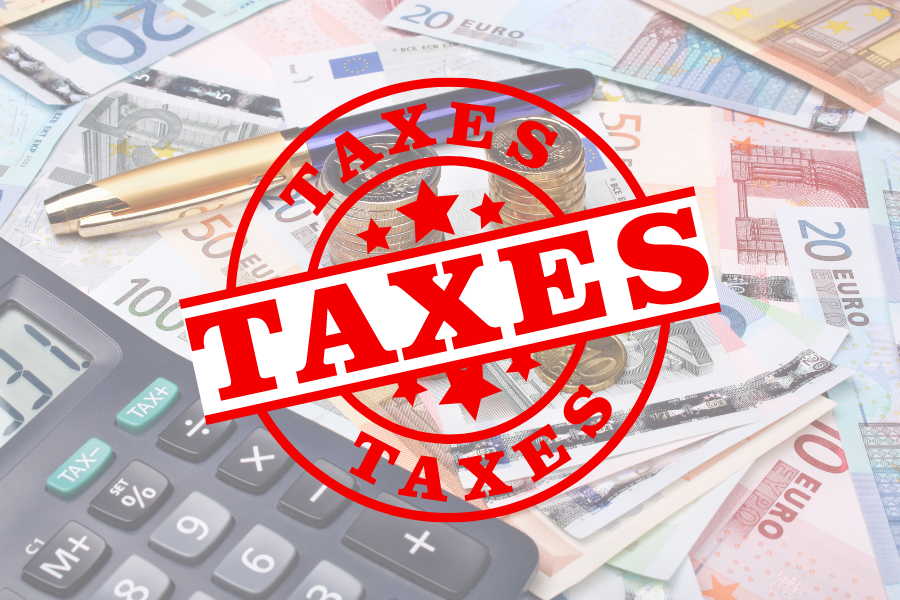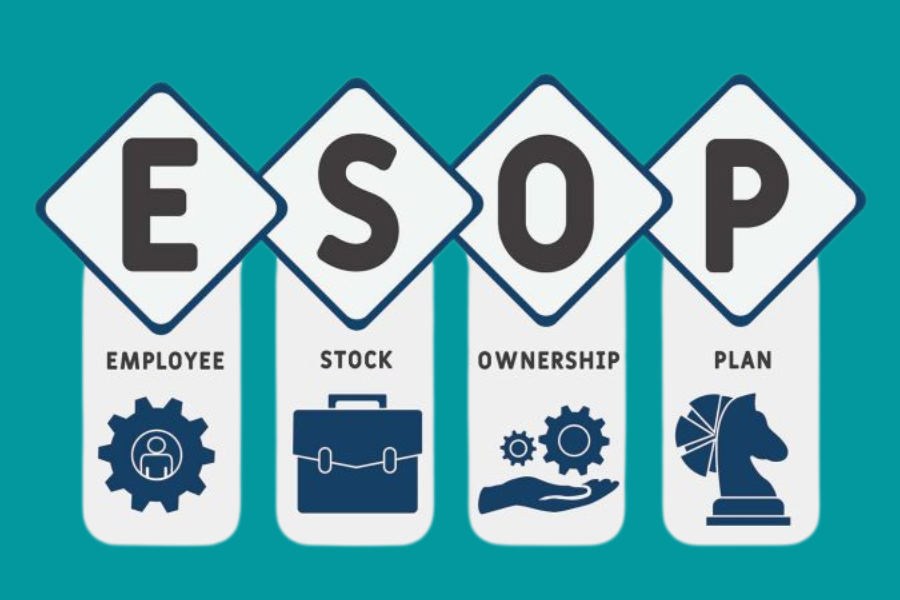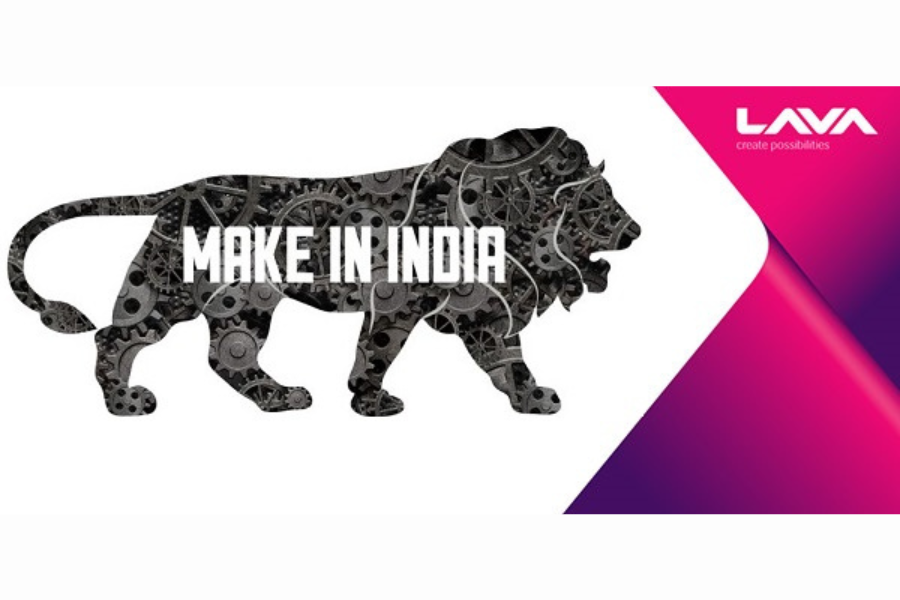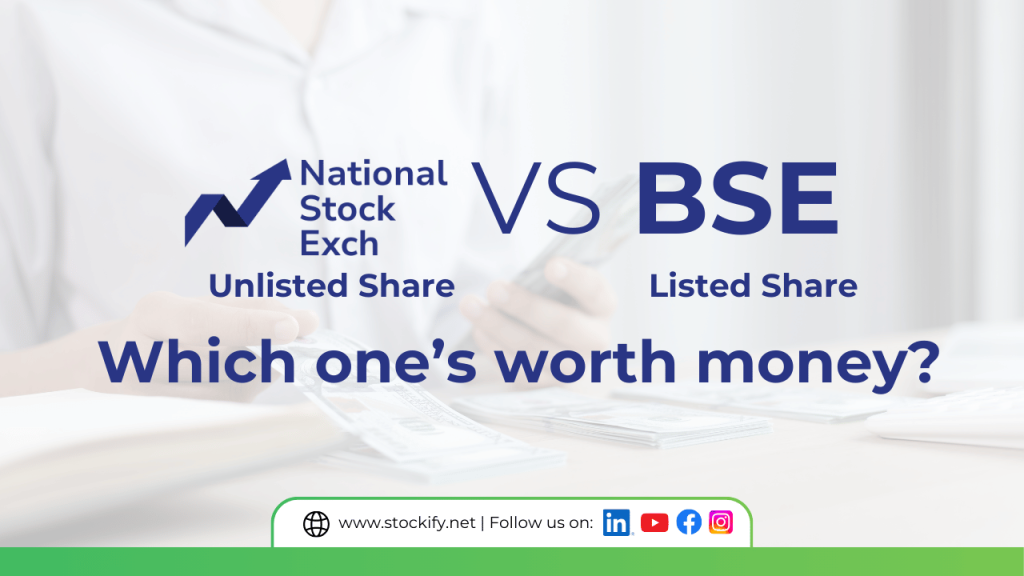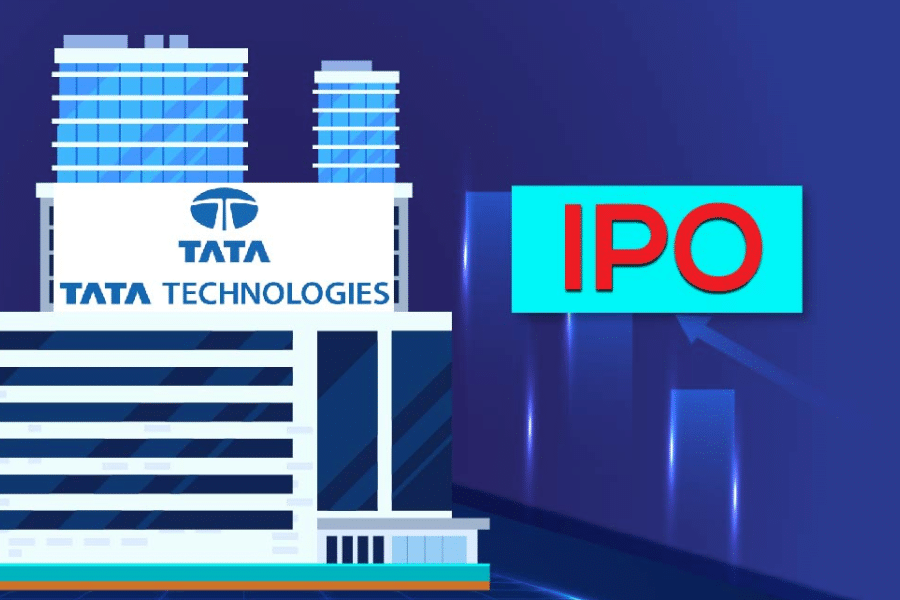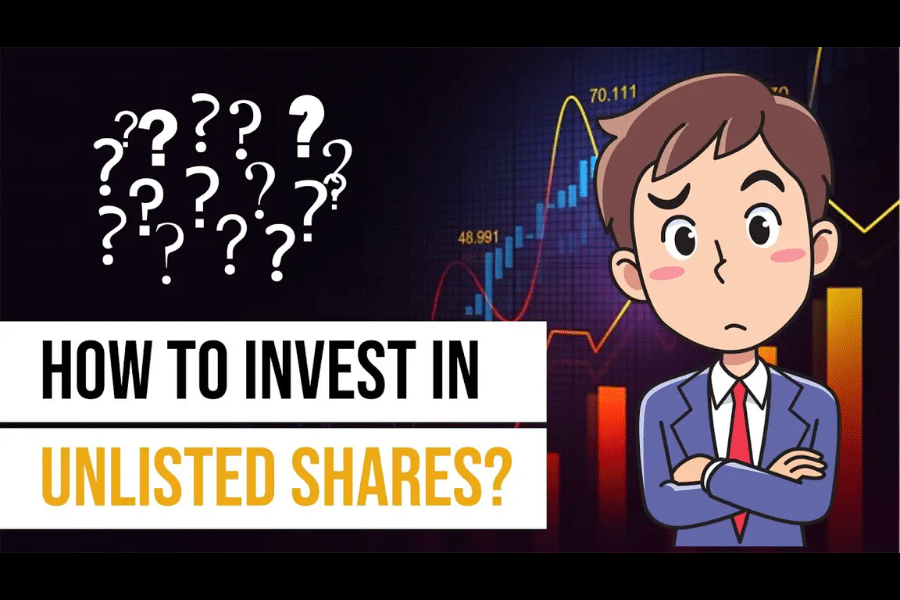Table of Contents
In today’s financial world, stock exchanges are the backbone of economic growth. The stock exchange acts as a platform where buyers and sellers come together to trade securities.
In India, stock exchanges are highly regulated, providing transparency and ensuring investor safety. But how many stock exchanges exist in India, and what roles do they play? This blog will explore the number of stock exchanges in India and provide a summary of each one.
What is a stock exchange?
A stock exchange is a centralized platform where investors can buy and sell securities such as stocks, bonds, derivatives, and commodities.The Securities Exchange Board of India (SEBI) regulates all the Stock Exchanges in India.
Major stock exchanges in India
India has a mix of national and regional stock exchanges. While we are aware of the prominent NSE and BSE stock exchanges, there are many others on the list.
Here is a list of prominent stock exchanges in India:
A)Bombay Stock Exchange (BSE)
The Bombay Stock Exchange is one of the oldest and largest stock exchanges in India. It was established in 1875 and is located in Mumbai, the country’s financial capital.BSE serves as a platform for trading various financial instruments, including equities, derivatives, currencies, and debt securities.
Key Highlights of BSE:
- BSE is India’s first stock exchange.
- It has over 5,000 listed companies. making it one of the largest exchanges by the number of listed companies globally.
- A stock market index called Sensex consists of 30 major companies listed on the BSE and is a popular benchmark used to gauge market performance.
B) National Stock Exchange (NSE)
The National Stock Exchange was established in 1992 and is headquartered in Mumbai. It is the largest stock exchange in India by trading volume.NSE provides a platform for trading in equities, futures, options, and other financial derivatives.
Key Highlights of NSE:
- NSE introduced electronic trading in India, revolutionizing how securities are traded.
- The Nifty 50 index, which consists of 50 prominent companies, is the benchmark index for the NSE.
- The NSE has greater liquidity and is known for offering advanced technological infrastructure for seamless trading.
C)Metropolitan Stock Exchange of India Ltd (MSEI)
The Metropolitan Stock Exchange (formerly known as MCX-SX) was set up in 2008. It is based in Mumbai and focuses primarily on derivatives trading, including equities, currency futures, and commodities.
Key Highlights MSEI:
- MSEI caters to trading in the commodity segment, offering futures and options on commodities like gold, silver, and crude oil.
- The exchange allows trading in financial instruments such as equity, equity derivatives, and debt.
D)Calcutta Stock Exchange (CSE)
The Calcutta Stock Exchange was established in 1908 and is based in Kolkata. It is owned by the Ministry of Finance, Government of India.
Though it used to be one of the most prominent exchanges in India, it now has a limited role due to the dominance of the NSE and BSE. The CSE primarily focuses on regional trading.
Key Highlights of CSE:
- Most of its trading activities are now centered around regional stocks.
- The exchange has been undergoing reforms to modernize its platform and attract more investors.
- Recently implemented a fully computerized On-Line Trading System known as C-STAR (CSE ONLINE Screen-based Trading And Reporting System)
E)National Commodity and Derivatives Exchange (NCDEX)
The National Commodity and Derivatives Exchange was set up in 2003 and specializes in trading commodity futures and derivatives. It offers a platform for trading agricultural commodities, metals, energy, and other derivatives.
Key Highlights of NCDEX:
- The NCDEX focuses on commodity trading, unlike the BSE and NSE, which primarily focus on equities.
- It provides opportunities to trade in products like oil, metals, grains, and other agricultural products.
F)Indian Commodity Exchange (ICEX)
The Indian Commodity Exchange (ICEX) was established in 2017 and focuses on commodity futures trading. It is a prominent exchange for trading in commodities, including precious metals like diamonds, base metals, and agricultural products.
Key Highlights of ICEX:
- The exchange Specializes in commodity futures trading, with a strong focus on diamond futures, which is a unique offering in India.
- ICEX also offers trading in other commodities such as agricultural products, metals, and energy.
G)India International Exchange (IFSC) Ltd (India INX)
The India International Exchange (India INX) is located in the Gujarat International Finance Tec-City (GIFT City) in Gandhinagar, Gujarat. It began operations in 2017 and is aimed at providing a platform for international investors.
Key Highlights of INX:
- It operates 22 hours a day, making it unique in its extended trading hours.
- India INX provides access to international markets and offers trading in equities, derivatives, commodities, and currencies.
- It’s designed to attract global investors, making it an international gateway for Indian securities.
Final Word: Which is the Best stock exchange in India?
Determining the "best" stock exchange in India depends on the specific criteria you prioritize.
The BSE and NSE are the dominant players in the Indian market, each offering distinct advantages. While the NSE stands out for its superior liquidity and advanced technological infrastructure, the BSE boasts a larger number of listed companies.
For those interested in commodity trading, NCDEX and ICEX are key platforms catering specifically to commodities.Ultimately, investors should select the exchange that best aligns with their trading goals and requirements.

